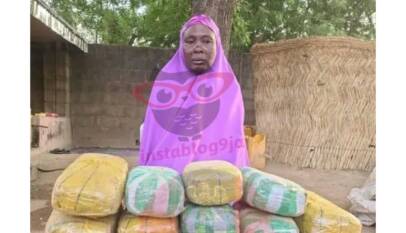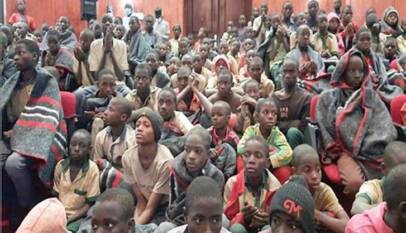By Gabriel Efe, guest writer
Thrasymachus, the ancient Greek Sophist, is remembered for his controversial stance on justice. In Plato’s Republic, he argues that justice is nothing more than the advantage of the stronger. This idea challenges traditional views of morality and invites us to examine the dynamics of power and ethics. In the Nigerian context, his principle offers an important lens for understanding the relationship between leadership, power, and justice in our society.
Thrasymachus’ Argument in Focus
Thrasymachus’ argument is built on the premise that those in power define what is just. They create laws and systems to benefit their interests, often at the expense of the less powerful. When applied to Nigeria, this perspective resonates strongly, given our history of leadership challenges and systemic inequalities. The key points include:
Power determines justice: Whether through political influence, economic wealth, or control over state institutions, the ability to enforce one’s will often defines what is deemed just.
Justice is not absolute: Nigeria’s power structures—rooted in historical, economic, and political hierarchies—demonstrate how justice is often shaped by those at the top.
Self-interest drives decisions: From colonial rule to contemporary governance, Nigeria’s elites have often acted to secure their interests while marginalizing the broader population.
The Nigerian Implications
In Nigeria, Thrasymachus’ principle highlights critical issues around governance, corruption, and inequality. It suggests that:
Laws may not always reflect justice. Many policies and regulations, rather than uplift the masses, serve the interests of a privileged few. For instance, laws meant to regulate resource allocation frequently benefit political elites, leaving oil-producing communities in poverty.
Moral language is weaponized: Terms like “justice” and “fairness” are often used by those in power to justify actions that maintain their dominance, from allocating public funds to framing electoral reforms.
Resistance as justice: The advocacy of groups like the #EndSARS movement, which emerged to challenge systemic police brutality and governmental apathy, aligns with the idea that justice can manifest as opposition to entrenched power structures.
Challenges to Thrasymachus’ Principle
While Thrasymachus’ view offers valuable insight, it does not fully capture Nigerian reality. Despite the challenges, Nigerians have repeatedly demonstrated resilience, cooperation, and a commitment to the collective good. Grassroots movements, social reforms, and moments of selfless leadership show that justice is not always about power or self-interest. Initiatives like the Not Too Young to Run Act reflect instances where collective advocacy overcame entrenched political barriers.
A Contemporary Lens
Thrasymachus’ principle remains relevant as we analyze ongoing issues in Nigeria:
Corruption and impunity: From the mismanagement of public funds to opaque procurement processes, the actions of the “stronger” reflect how power is often wielded for personal gain.
Economic disparity: The vast wealth gap between the elite and the majority highlights how economic systems have been structured to benefit a select few.
Global influences: Nigeria’s interactions with foreign powers often reflect an imbalance where stronger nations dictate terms under the guise of partnerships, limiting the country’s economic and political autonomy.
Conclusion
Thrasymachus’ principle is both a warning and a call to action. In Nigeria, it reminds us to question the systems that define justice and hold power to account. While the “stronger” may shape what is deemed just, the struggle for a more equitable society continues. Justice, in this context, is not just about laws or governance but about amplifying the voices of the marginalized and challenging structures of oppression. As Nigerians, we must remain vigilant, ensuring that justice serves not only the powerful but all citizens equally.
































